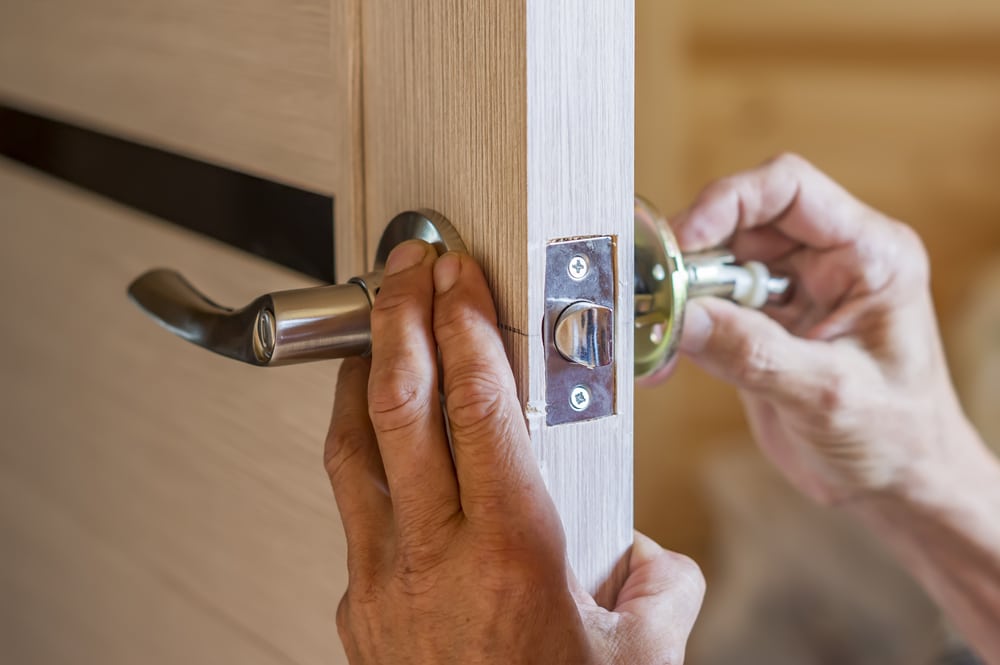Selling a house after a divorce is difficult.
Many issues need to be agreed first.
Sometimes, an ex will claim they are entitled to half of a house.
Let’s take a closer look at this question.
Property and divorces
What happens after and during a divorce depends on court rulings.
In the meantime, no parties have more rights than others.
This does not stop some people from asserting things like:
-
Property sale proceeds must be split in a certain way.
And more.
But these are only opinions until legal rulings take place (such as a judge-ordered house sale). This applies whether it’s a mutual or contested divorce, etc.
Understanding splitting assets after divorce
Some couples divide family assets, including property, without legal help.
Many others need legal guidance and mediation from solicitors.
Either way, several main outcomes are likely:
-
One spouse remains in the property
-
One spouse buys the other out
-
The property is sold and its proceeds divided between the couple.
However, few families are fortunate enough to experience smooth divorce proceedings.
Emotions run high, so communication can be difficult.
Illegal or unethical behaviour might occur. For example, some spouses change the locks on a property.
Children are priority
The law’s position is:
-
The welfare of children under 18 is paramount in legal proceedings.
The courts will decide the best housing situation for any dependents early on.
This will be based on not disturbing their existing lives. So, in most cases, one parent will remain in the family home with the child (/children).
What is my ex entitled to?
Even once a divorce is complete, it is rare that anyone is forced to sell.
And no party in a divorce is automatically entitled to 50% of all assets, including the family home.
Joint mortgages and divorce
Joint mortgages are a popular choice for couples buying a property together.
It means your names are both on the mortgage documents. So, you are equally responsible for repayments against your home.
Most couples will have an outstanding joint mortgage when they are divorcing.
Regardless of who is or isn’t living in the property, during this time, you are both liable for the debt. The mortgage will need to be paid as usual.
Not paying your mortgage can damage the credit history of both individuals. It can even result in repossession if the case were to go to court.
If your ex is refusing to contribute to the mortgage or you can’t make payments, contact your mortgage lender.
Many lenders will arrange a new mortgage payment or mortgage holiday. Some may give you some breathing space while you tackle the problem.
Joint owner options during divorce
Although it may seem stark, most couples have the following options with a joint tenancy property during a divorce:
-
Sell up and move
-
Keep the property and pay your mortgage.
Selling your home during a divorce
Nobody is obligated to sell the family home during a divorce.
But you and your ex-spouse may deem it the most suitable idea. Or perhaps you may be ordered to sell up by the courts.
Understanding the process of selling your house during divorce is the first step.
You can also consider using a cash buyer.


















